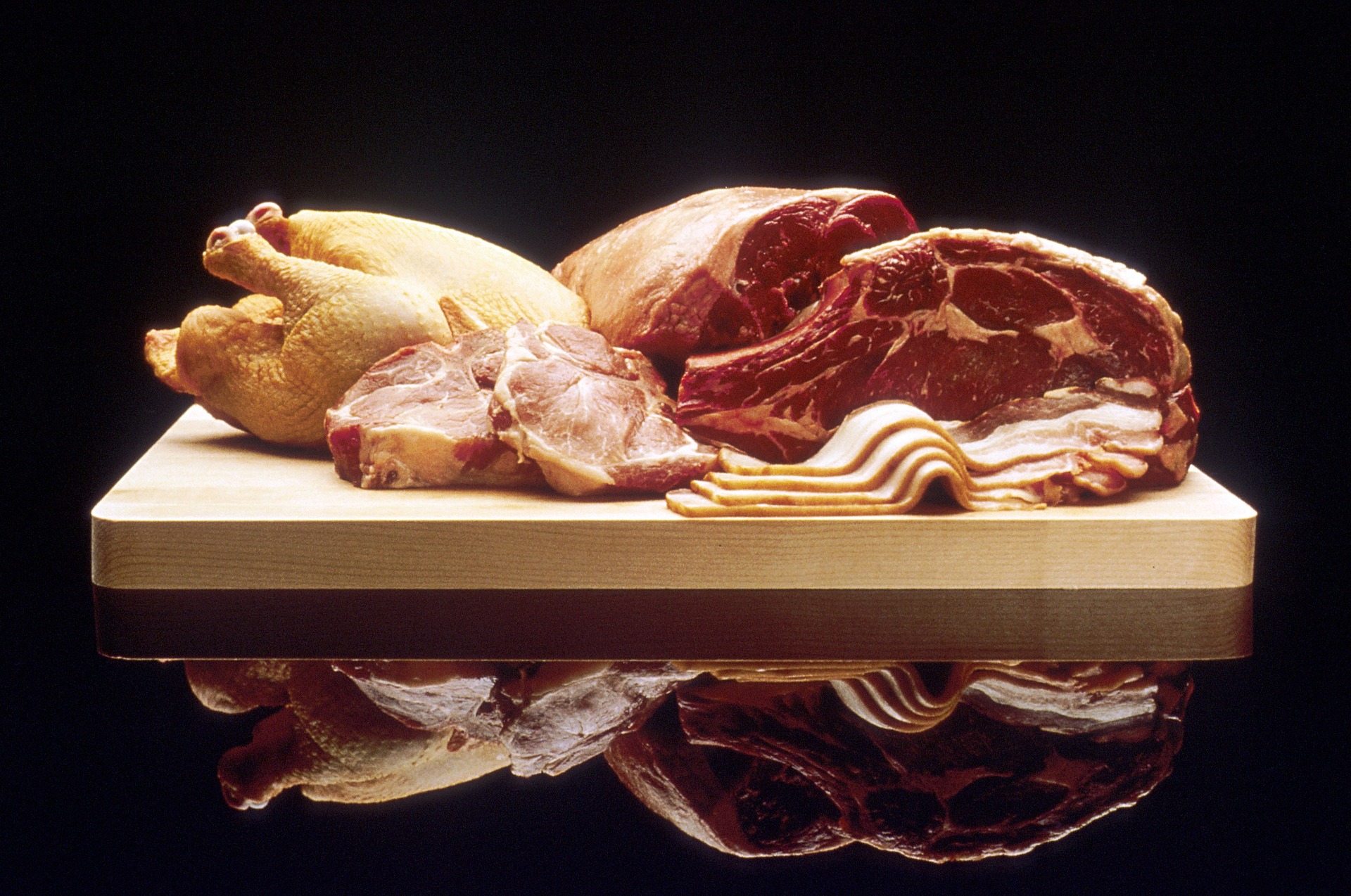
5 Tips for Buying Quality Meat for a Delicious Meal
Buying quality meat can help you make a delicious and healthy meal. Fresh and quality meat adds flavor and distinction to any meal, from a fancy dinner to a simple sandwich. But it can be hard to determine which type of meat is of higher quality. Here are 5 tips to help you purchase quality meat:
1. It's important to look for minimal fat content. Quality meat should be lean and have no more than 10% fat. Look for cuts that are bright pink in color. This indicates that it is fresh and has not been exposed to air for too long.
2. Check the packaging. Quality meat will usually have a USDA grade label. This label is usually found on the upper front part of the package and indicates the quality of the product. It will also have a sell-by date, so make sure that date has not passed. Additionally, the package should be sealed and have no tears or holes.
3. Smell is an important factor as well. Quality meat should have a mild, almost sweet aroma. If it has a distinct ammonia smell, it is most likely bad. Additionally, the meat should have a firm texture and should not easily break apart.
4. Another thing to look out for is the color of the fat. Quality meat will have a bright white fat. If the fat is yellow or greyish, it is likely that the meat has been sitting too long or is old.
5. Quality meat should also be purchased from a trustworthy source. Buying from a local butcher shop may be more expensive than buying from a major supermarket chain, but it is likely a better choice. Local butchers generally have higher quality meat, and they will be able to answer questions regarding the meat.
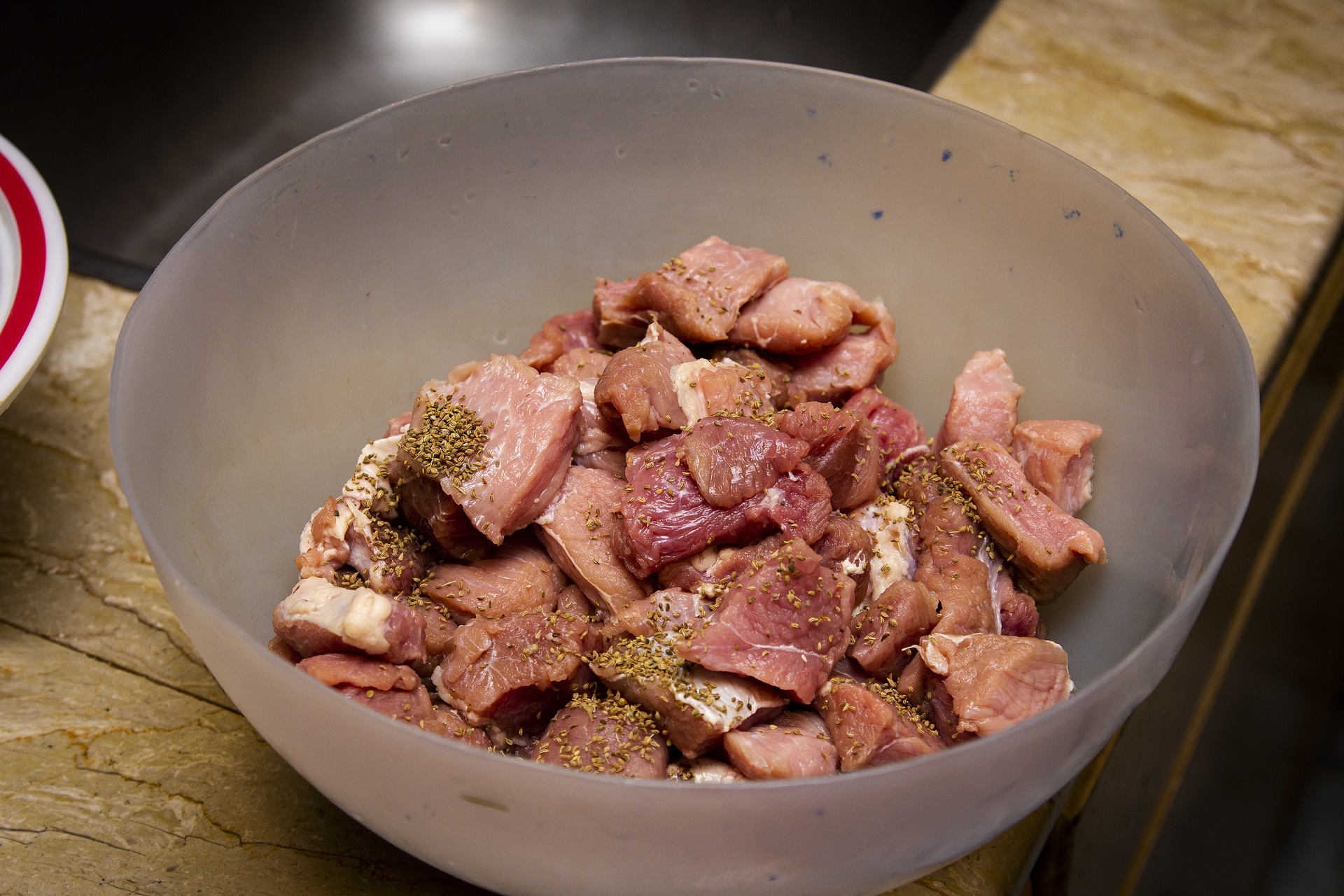
A Guide To Marinating Meat: Get the Juiciest and Tastiest Results
Marinating your meat before cooking can be a great way to add flavor and moisture to any dish. You can add great flavor and texture to your meat with the right marinade. But how do you know how to make the perfect marinade and what steps should you follow to ensure the best results? Read on to learn more about marinating your meats correctly.
One way to create the perfect marinade is to start by figuring out what flavors you would like to include. Think about the type of meat you are marinating and the tastes you would like to add. Choosing a combination of herbs, spices, citrus fruits, and other ingredients can provide great flavor. Once you’ve decided on the ingredients you want to use, it’s time to start combining them. Experiment with different ratios until you find the perfect blend for your marinade. Then you can slowly add the ingredients, give your marinade a stir, and you’re ready to go.
Now that you have your marinade ready, it’s time to start the marinating process. You first have to choose a suitable container for the marinade and the meat. Make sure your container or bag is large enough to hold the meat and the marinade and that it’s airtight. You don’t want any of the flavor to escape! Once the meat is placed inside, pour the marinade over it and use your hands to evenly coat the meat.
A good rule of thumb when marinating is to leave the meat in the marinade for at least one hour, and preferably overnight. This will allow the flavors to penetrate and tenderize the meat. Keep in mind that marinating for too long can cause the meat to become tough. If you’re unsure, you can always do a taste test after the first hour and then leave it in the marinade longer if needed.
Marinating is a great way to add flavor and moisture to any dish. The key is to find the perfect combination of ingredients and make sure you give the marinade enough time to work its magic. With the right marinade and the right technique, you can create amazing dishes that will impress your guests!
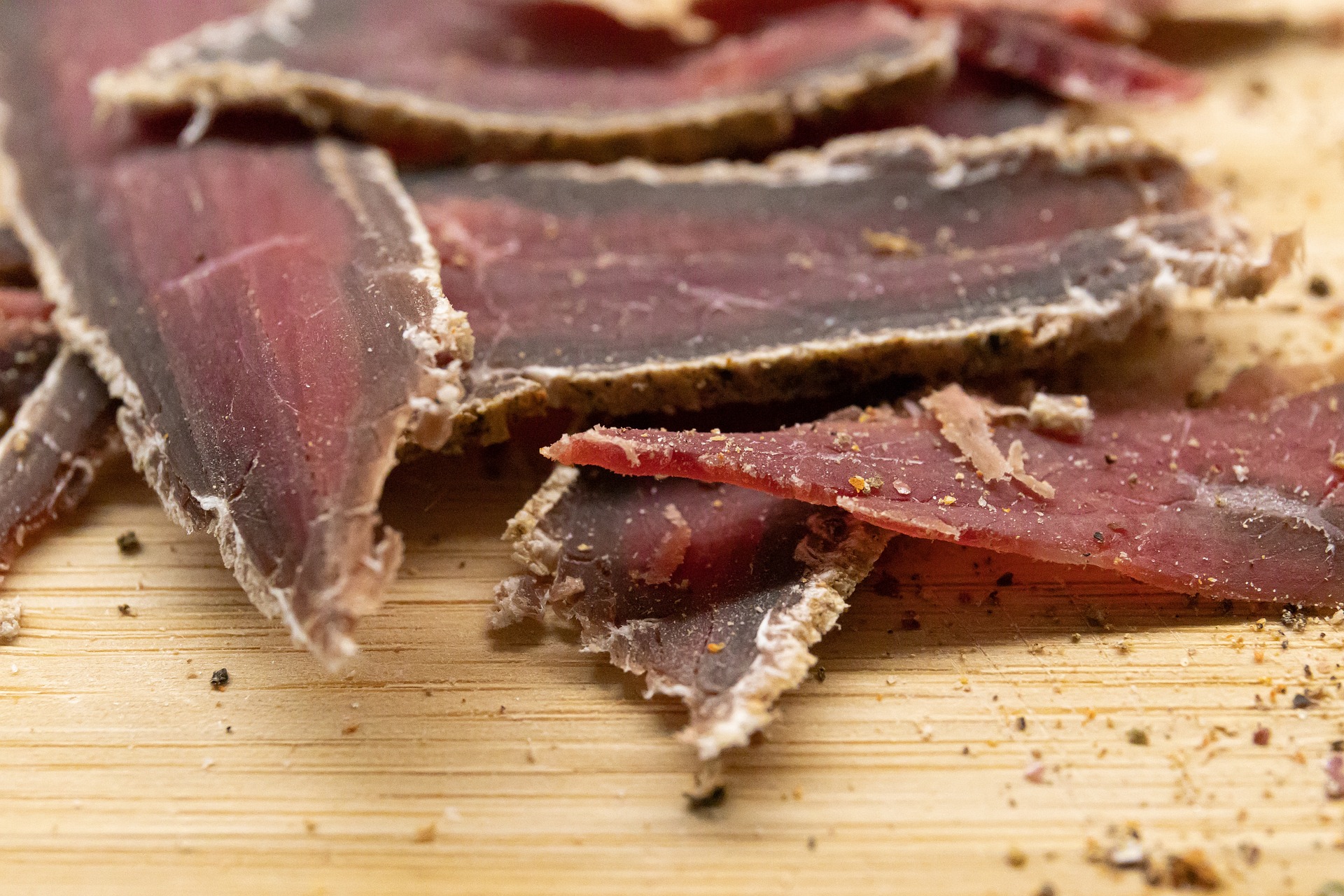
Making Delicious Jerky At Home Is Easier Than You Think
Making jerky at home can be a fun and tasty project. Whether you're a beginner or an experienced jerky-maker, you'll find that homemade jerky is an easy and delicious snack. With the right ingredients and a little bit of patience, you'll be enjoying homemade jerky in no time.
The great thing about making jerky is that you can customize it to your tastes. You can use different types of meats like beef, pork, chicken, or turkey, and the seasonings can be mixed and matched to create your own signature jerky. In addition to the traditional dried spices, you can also use various herbs and liquids like Worcestershire sauce, teriyaki, and liquid smoke to give your jerky more depth of flavor.
Once your ingredients are measured and mixed, you're ready to start the actual jerky-making process. For most recipes, you'll want to soak the meat in a marinade overnight. This not only infuses the meat with flavor but also helps ensure that it's tender and juicy when finished. After marinating, you'll need to spread the meat evenly onto cookie sheets, line the sheets with parchment paper, and set them in the oven.
Once the meat is cooking, it's important to keep an eye on the temperature and adjusting it as needed. For most homemade jerky recipes, the oven should stay at a low to medium heat, usually between 150-175°F. This slow and steady cooking will help dry out the meat without overcooking it or burning it. Depending on how thick the jerky strips are, the cooking time could take anywhere between two and six hours.
When the jerky is done cooking, let it cool before packaging it up. This will help it retain its juiciness. Finally, store your jerky in an airtight container and enjoy your homemade creation!
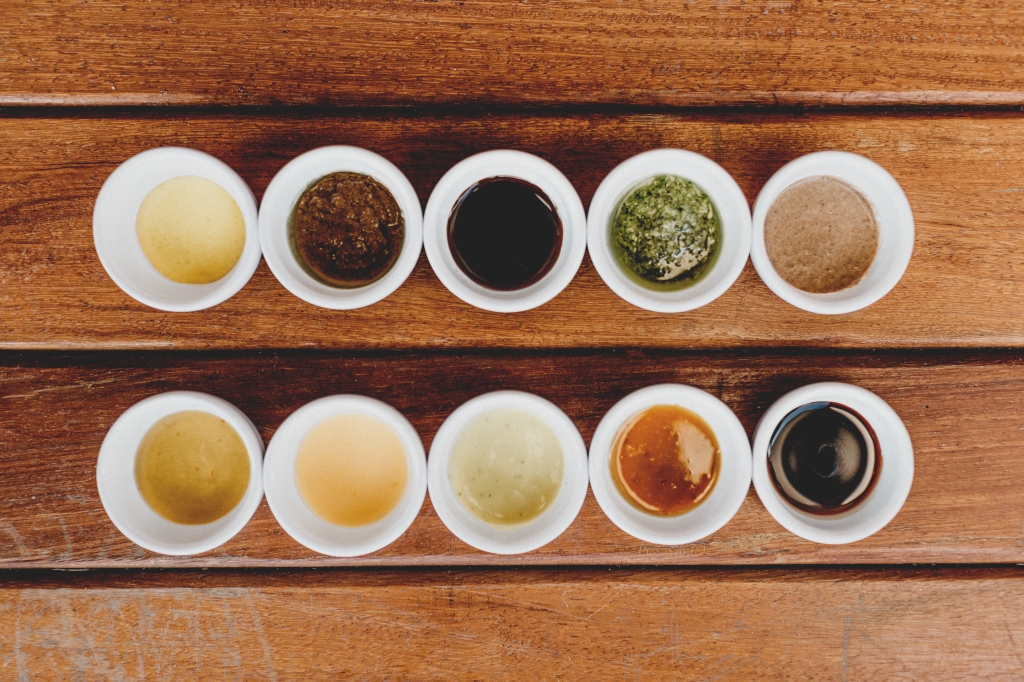
Ultimate Guide To The Best BBQ Sauces
Some of the best summer meals are made with delicious BBQ sauce. Whether it's a backyard BBQ or a simple weeknight dinner, there's nothing like the taste of the perfect BBQ sauce. But with so many different brands and flavors out there, which one should you choose?
To start, it's important to consider what kind of flavor you prefer in your BBQ sauce. Do you like it sweet and tangy? Are you looking for something with a bit of a kick? Or maybe you're a fan of smoky and spicy BBQ sauces. Once you have a better idea of the type of flavor you're after, you can begin narrowing down your choices.
When selecting a BBQ sauce, pay close attention to the ingredients. Some sauces may contain artificial ingredients or preservatives that are best avoided. Check the label to make sure that the sauce is made with natural ingredients and avoid those with high amounts of sugar, sodium, and other additives.
Also, don't be afraid to experiment with different brands and flavors. There are so many kinds of BBQ sauces available that you're sure to find one that you like. Try samples of different varieties and compare them to find the one that fits your taste best.
Overall, there is no one-size-fits-all answer when it comes to finding the perfect BBQ sauce. Everyone's taste preferences are different. With a bit of experimentation and research, you'll be able to find the perfect BBQ sauce that suits your needs and preferences.

Grill Masters Unite! Here Are The Best BBQ Tools and Accessories
Do you consider yourself a grilling aficionado? If you pride yourself on being the foremost grill master amongst your friends, then you know the importance of having the right tools for the job. Whether you set up shop in your backyard or find yourself grilling in the great outdoors, there are certain key essentials every griller should have. So, if you're looking to make the most of your outdoor cooking sessions, here are the best BBQ tools and accessories you need in your arsenal.
The foundation of any successful grilling session starts with your grill. High-quality grills offer superior heat distribution and better fuel economy, so you can cook with confidence. For the serious outdoor cook, a charcoal BBQ smoker is a fantastic investment. Smoker grills can use a variety of wood chips to impart delicious smokey flavor to your food. Whether you opt for a charcoal grill or a smoker, make sure you have an ample supply of charcoal and wood chips to get your grill going.
Next up is your tool kit. A quality grilling tool setÂ
Finally, no grilling experience would be complete without the right accessories. A pair of heat-resistant gloves lets you safely handle hot coals and grates without getting burned. A good set of cooking utensils ensures you have the right tool for the task. To finish off the look, consider getting a BBQ apron and a personalized set of cooking tools or utensils, so you can proudly display your grilling pride.
With these BBQ tools and accessories in your arsenal, you can take your grilling expertise to the next level. So dust off your grill, grab your tools, and happy grilling!
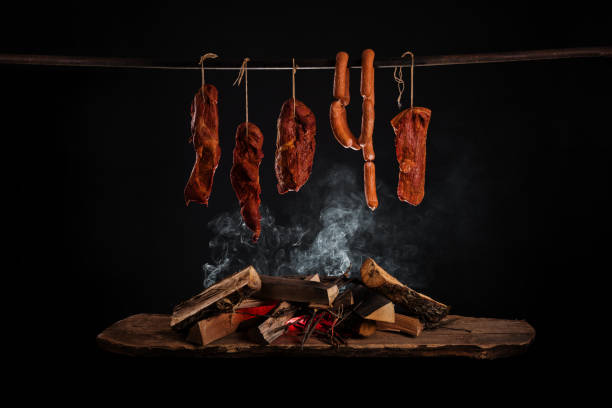
How to Become a Pro Smoker: A Beginner's Guide
Barbecue season is right around the corner and what better way to show off your grilling skills than to smoke some delicious meats? Smoking not only adds flavor to meats, it also tenderizes and preserves the ingredients. If you're a beginner to smoking, follow this guide to become a master of the craft!
To begin, make sure you have a great quality smoker or grill. If you're new to smoking, it is recommended that you start with charcoal or wood chips to get a feel for the craft. Once you have your smoker or grill, you can choose the meat you'd like to smoke. Try something classic like pork, beef, or fish or something more adventurous like game meats. Aim for cuts that are between 1-2 inches thick as this will create a juicy, tender piece of meat.
When smoking your meat, make sure that you keep the smoker at a low, consistent temperature. If you're using a charcoal grill, this means having a good coal base and regulating the air flow with a chimney starter. For a gas grill, set the temperature to low and use wood chips to create a smoky flavor. The type of wood chips you choose will determine the flavor of the meat. A few classic options include hickory, apple and cherry.
To ensure that your meat is cooked through and juicy, use a meat thermometer to measure the internal temperature of your meat. The USDA recommends that red meats be cooked to at least 145 degrees Fahrenheit and poultry to 165 degrees Fahrenheit. Once your meat is cooked to the desired temperature, let it rest for 15 minutes before slicing. This will let the juices redistribute, giving you a juicy, flavorful piece of meat.
Smoking meats is an art, but anyone can become a master of the craft with some practice. Follow this guide and you'll be producing delicious smoked meats in no time!
